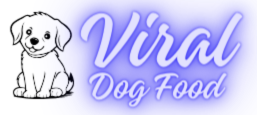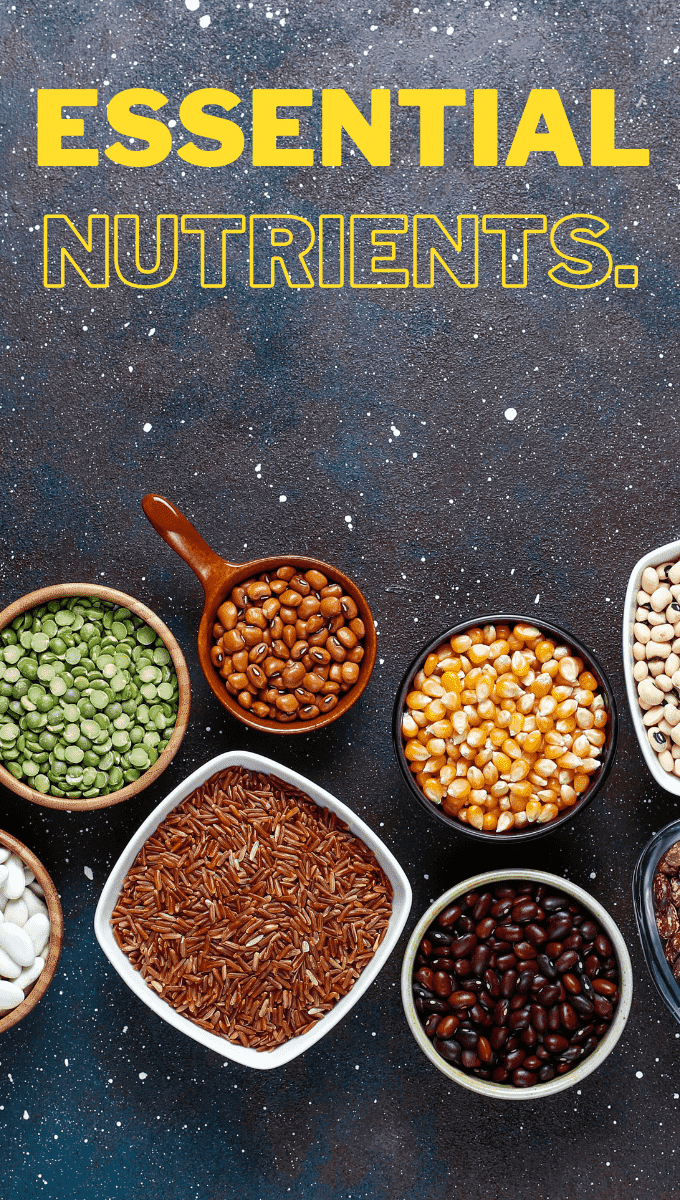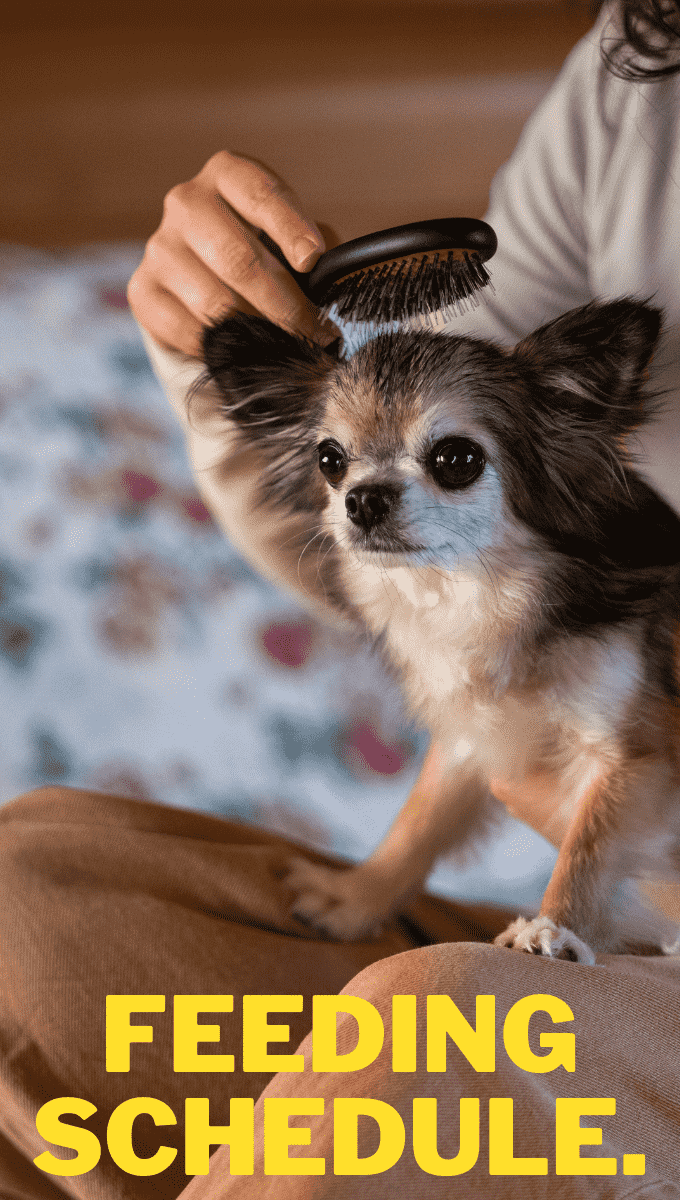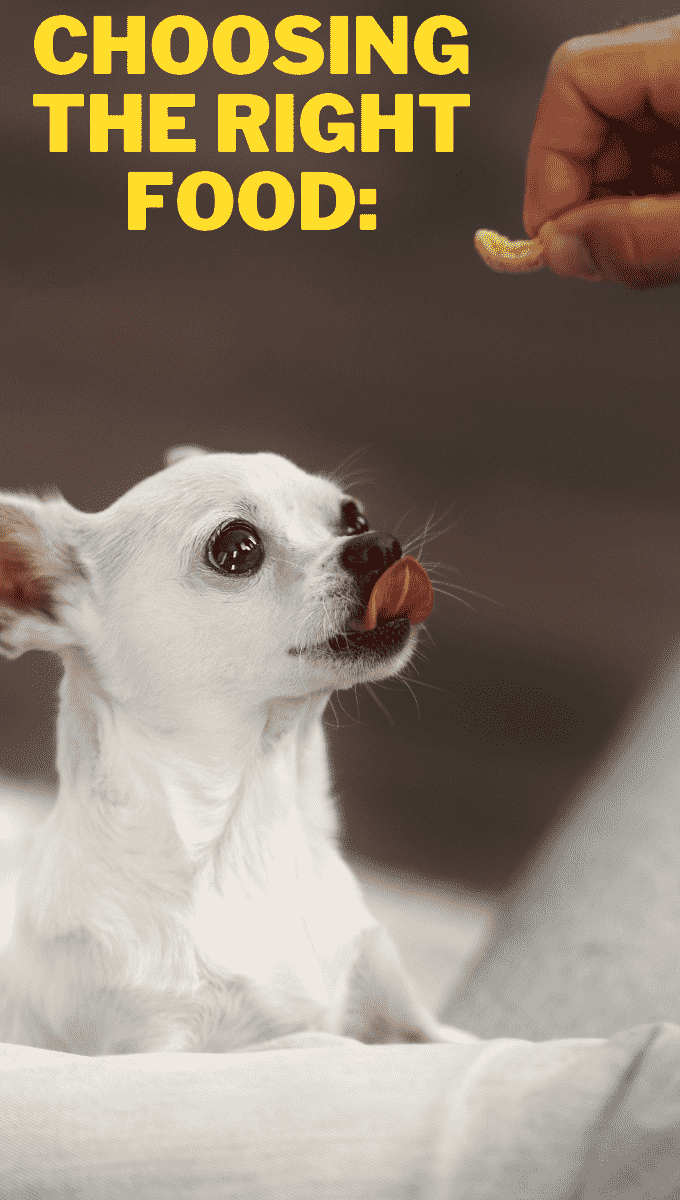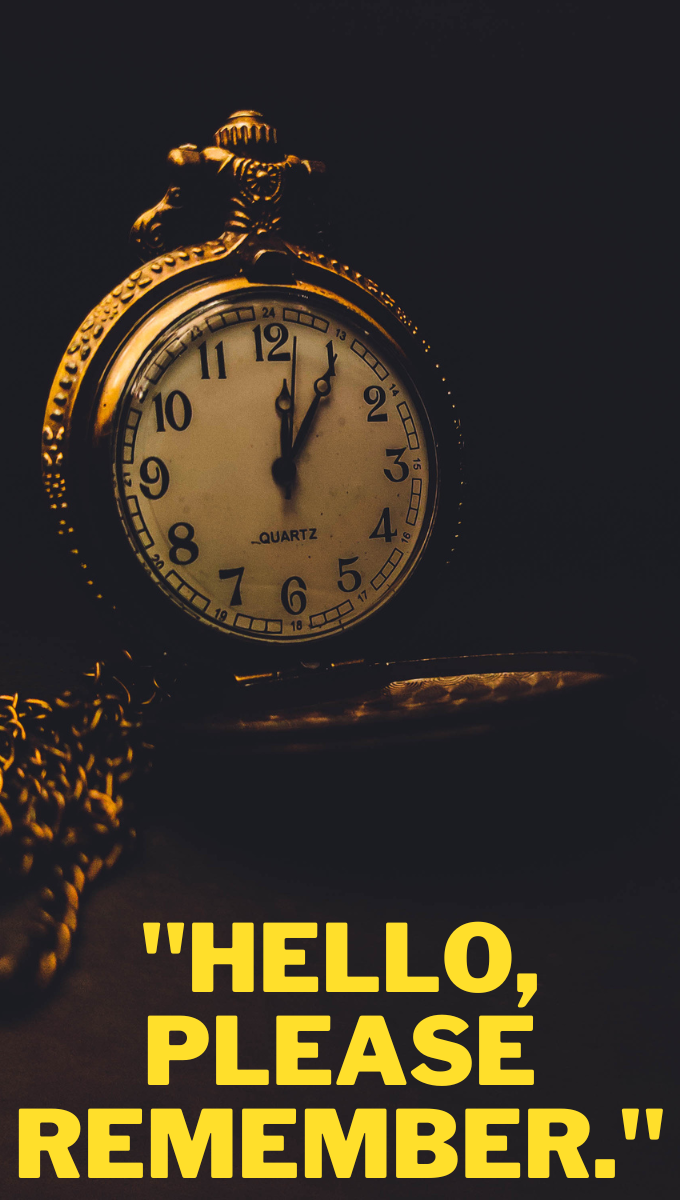Is Your Puppy Hungry? let’s Find How to Know When Puppy Needs More Food.
Introduction.
Bringing a puppy into your home is an incredibly fun and exciting experience, but it also comes with a lot of responsibility. As a responsible pet owner, it’s important to make sure your furry friend is getting the right nutrition to support their growth and overall health. In this comprehensive guide, we will discuss the signs that your puppy may need more food, as well as provide expert tips to help your puppy stay happy and healthy.

Understanding Your Puppy’s Nutritional Needs
Puppies are little balls of fur and energy, and to keep them growing strong and healthy, their nutritional needs are different from those of adult dogs.expand_more Here’s a breakdown of what your pup needs to thrive:
Key Nutrients for Puppy Growth.
Fueling those playful bursts and growing bones, your puppy thrives on a symphony of nutrients. Protein acts like tiny building blocks, while fats provide concentrated energy for all their zoomies. Don’t forget the carbohydrate orchestra keeping their energy levels high, all conducted by a chorus of essential vitamins and minerals. With water as the stage for this vital performance, a balanced puppy diet ensures your furry friend grows into a healthy and energetic adult dog.
|
|
Protein: The building block for all tissues, crucial for growth, repair, and development Aim for puppy food with at least 25-30% protein.
Fats: Provide concentrated energy and help absorb essential vitamins They also contribute to healthy skin and fur [2].expand_more Carbohydrates: Fuel your pup’s energy needs. Vitamins and Minerals: Ensure proper growth, development, and overall health. Look for “complete and balanced” puppy food formulations. Water: Fresh, clean water should always be available [2].exclamation. |
Importance of Proper Feeding Schedule.
Puppies must be fed now and then to grow and develop. This fact reminds us of energy stored by proper people. Besides cutting down portions, the most balanced feeding approach serves your organs with the right nutrients in the most convenient way possible, the one that won’t require food over-chewing. These cops operate with their sugar levels well-regulated. The blood sugar keeps providing them with energy levels – not barely ever is the energy lacking for the hunters! This assists, then, in keeping the hero calm, not having to explain mysteries when having dips in blood sugar levels.
Moreover, a constant regime of eating keeps a dog modulated and properly functioning of its digestion which is a very significant aspect of a happy and healthy life.
|
|
Younger puppies (2-3 months old) need more frequent meals, around 4 times a day.
As they grow (3-6 months), 3 meals a day are sufficient By 6-12 months (or 24 months for giants), you can transition to twice-daily feedings.
|
|
|
Puppy-specific formula: This ensures the right nutrient ratios for growing pups
Consider your breed: Giant breeds have different needs than small breeds Consult your veterinarian for specific recommendations. |
|
|
Avoid overfeeding, which can lead to obesity and health problems [1].
Talk to your vet about any concerns or questions you have about your puppy’s diet. By understanding your puppy’s nutritional needs and providing a balanced diet, you’ll help them grow into a healthy and happy adult dog |
Signs Your Puppy Needs More Food.
Although puppies’ eyes play the role of the most adorable thing in the world, you shouldn’t get used to them as the only measure to figure out if your pet is hungry. And be alert to a whole choir of messages received by your dog’s stomach that it’s time to eat. An empty food bowl (even after the meal) when they keep looking for more is a sign they want to have more, and they always beg for some scraps.
If their shinning fur loses its luster or if their ribs become visible that means they also need some food but, they can change the feed or add more to fit their growing needs. You can, therefore, watch out for such signs and they will help you give the energy that your pup should have to grow into a healthy and lively pet.
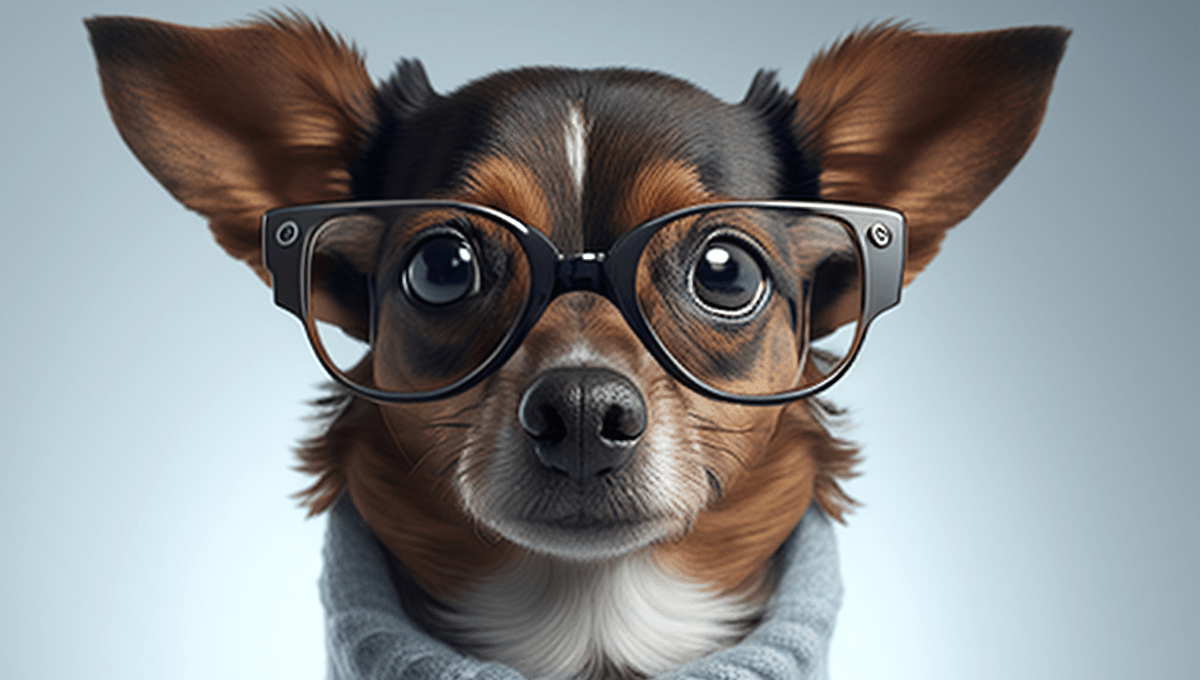
Increased Appetite:
If your puppy seems hungrier than usual or constantly begs for food, it may indicate they need more calories to fuel their growth and energy levels.
Weight Loss or Poor Growth:
A noticeable decrease in your puppy’s weight or slow growth rate could signal they’re not receiving enough food to meet their nutritional requirements.
Lack of Energy:
If your puppy appears lethargic or lacks enthusiasm during playtime, it could be a sign of insufficient energy intake.
Rib or Hip Bones Easily Felt:
Gently running your hands along your puppy’s sides should not reveal prominent rib or hip bones. If these bones are easily felt, it may indicate your puppy is too thin and needs more food.
How to Adjust Your Puppy’s Diet:
Adjusting your pup’s diet shouldn’t be a rough transition! Mimic is a gentle orchestra tuning its instruments. Start with a small portion of the new food alongside their familiar favorite, gradually increasing the new ratio over a week. This slow introduction gives their digestive system time to adjust to the new culinary symphony, reducing the risk of tummy troubles and making the switch a smooth, tail-wagging success.
Consult Your Veterinarian.
Before making any changes to your puppy’s diet, consult with your veterinarian to ensure you’re providing the appropriate amount and type of food based on their age, breed, and activity level.
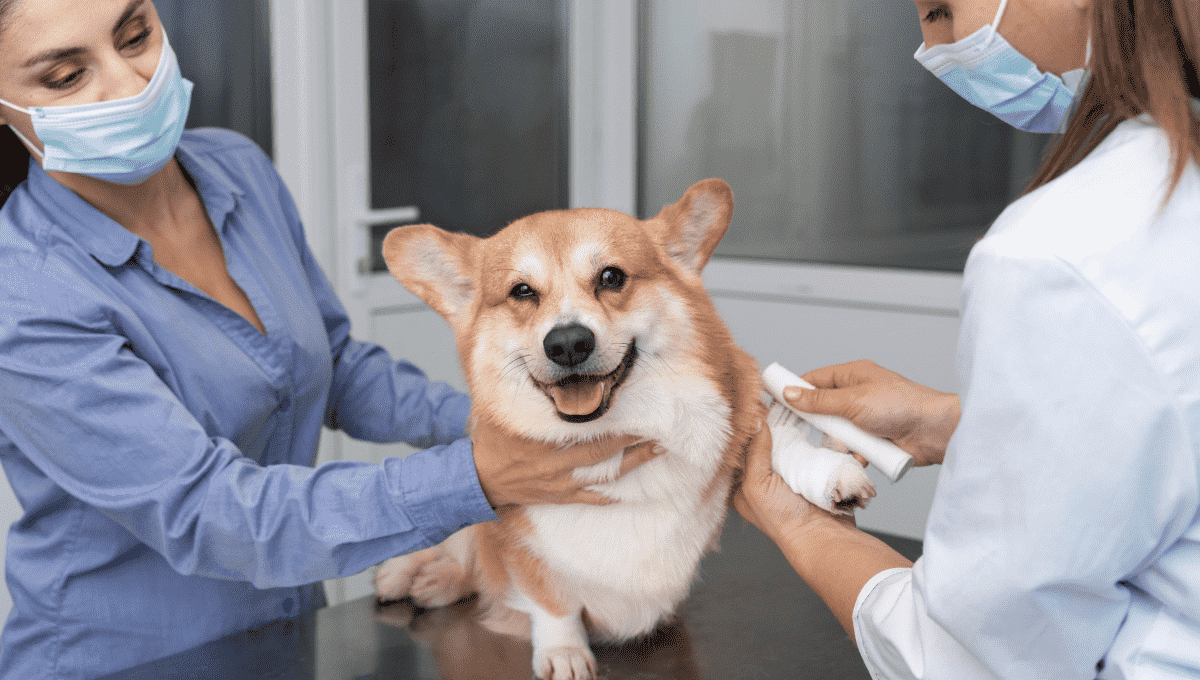
Increase Portion Size.
Gradually increase the portion size of your puppy’s meals to accommodate their growing appetite. Monitor their weight and adjust accordingly to prevent overfeeding.
Choose Nutrient-Dense Foods.
Opt for high-quality puppy food formulated to meet the nutritional needs of growing dogs. Look for options rich in protein and essential vitamins and minerals.
Monitor Body Condition.
Regularly assess your puppy’s body condition by observing their overall appearance and feeling for any changes in body weight or muscle tone.
FAQs (Frequently Asked Questions)
Q: How often should I feed my puppy?
A: Puppies typically require three to four meals a day, spaced evenly throughout the day to maintain consistent energy levels and support growth.
Q: Can I give my puppy treats in addition to their regular meals?
A: Yes, treats can be given in moderation as a reward for good behavior, but they should not exceed 10% of your puppy’s daily caloric intake.
Q: What if my puppy refuses to eat their food?
A: If your puppy consistently refuses to eat, consult your veterinarian to rule out any underlying health issues. They may recommend alternative food options or feeding strategies.
Q: Should I adjust my puppy’s diet as they get older?**
A: Yes, as your puppy grows, their nutritional needs will change. Consult with your veterinarian to adjust their diet accordingly based on their age, size, and activity level.
Q: Is it normal for puppies to have food preferences?**
A: Yes, just like humans, puppies may have preferences for certain types of food. Experiment with different flavors and textures to find what your puppy enjoys.
Q: Can overfeeding be harmful to my puppy?**
A: Yes, overfeeding can lead to obesity and other health problems in puppies. It’s essential to follow feeding guidelines and monitor your puppy’s weight regularly.
Conclusion.
Getting sure that the puppy is fed with a well-balanced nutrition plan, which will give health and energy to the pet, is a key point. Education in noticing the vitals that indicate your angel needs its diet to be modified is the most crucial part of the process of making sure that your puppy is not only healthy but also strong. It is my strong opinion that in many cases, it is wise to see that your preferred Vet is checked where there are specially made suggestions and recommendations for your oopsie that attention is boosted a particular need.
